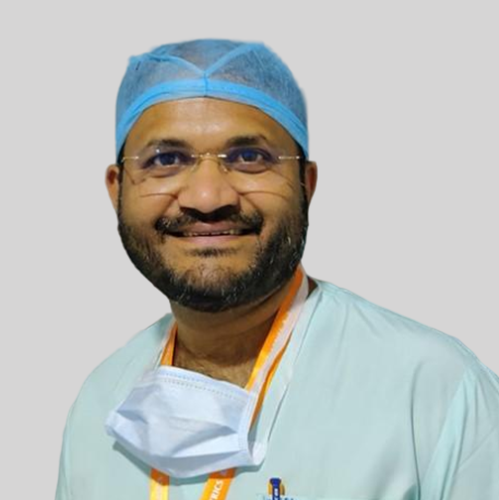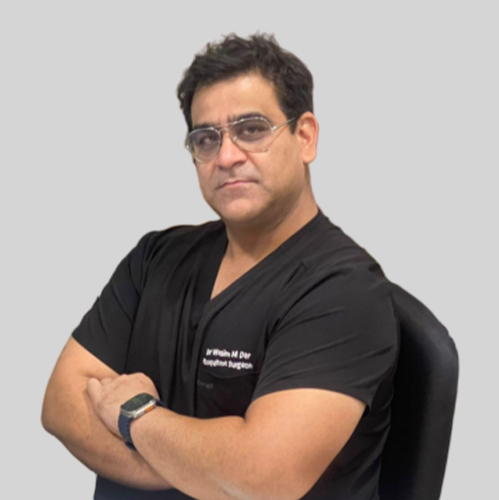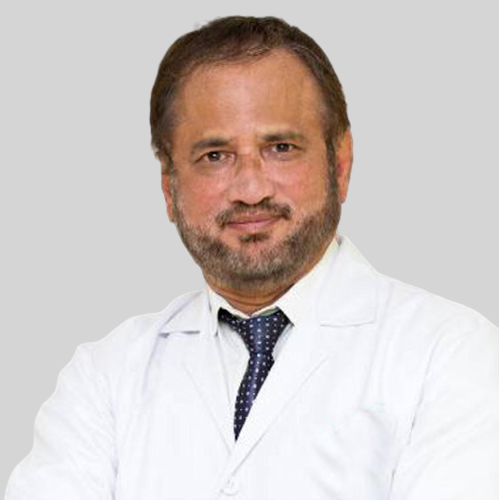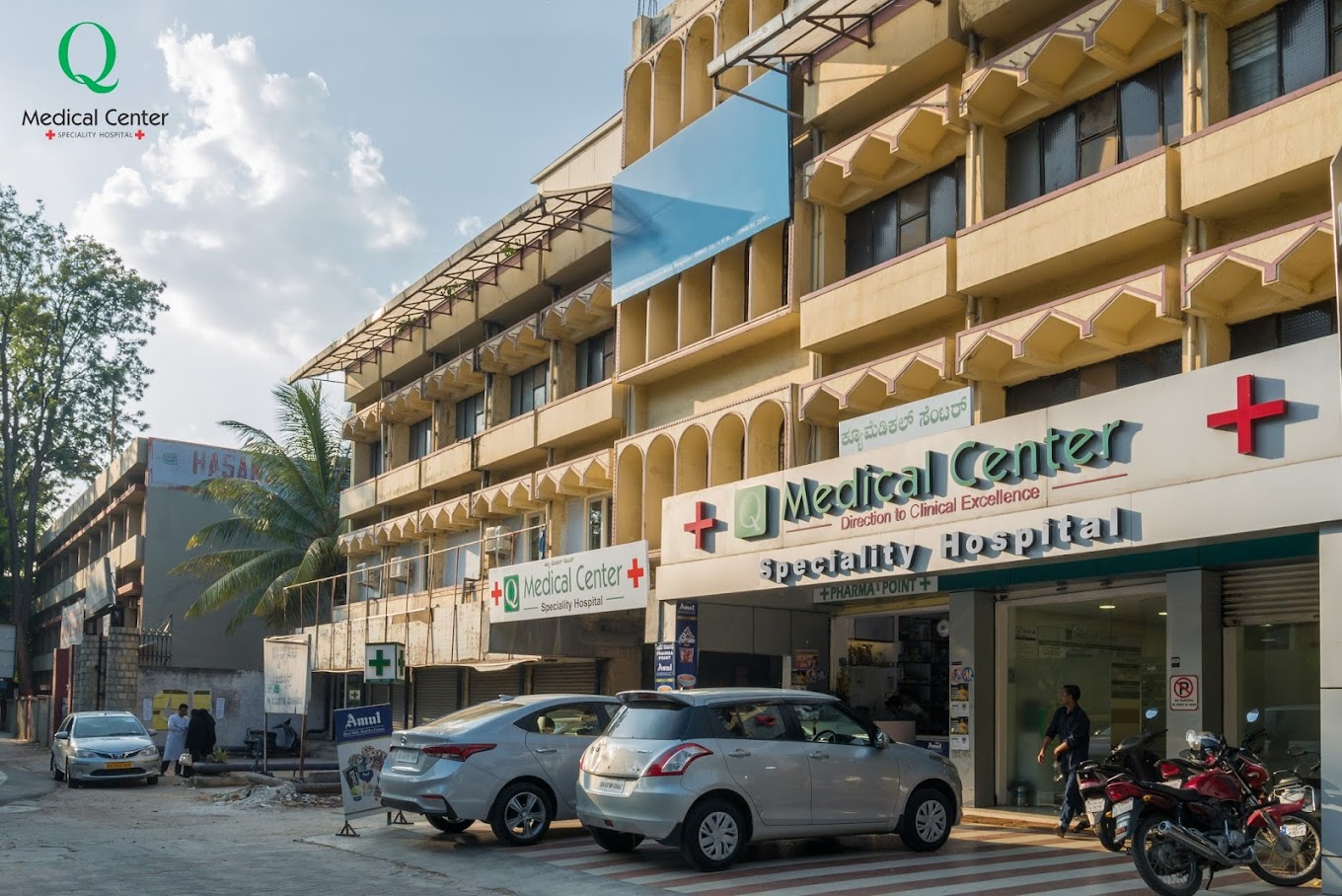












The duration of the procedure varies depending on the type of endoscopy being performed, but it typically lasts between 15 to 60 minutes.
Your doctor will provide specific instructions regarding fasting before the procedure to ensure optimal visualization of the gastrointestinal tract.
After the procedure, you may experience some temporary side effects such as bloating, sore throat, or mild cramping. These symptoms typically resolve within a few hours.
The frequency of colonoscopy screening depends on various factors, including your age, family history, and personal health history. Your doctor can recommend an appropriate screening schedule based on your individual risk factors.
Recovery time after endoscopic banding is minimal, and most patients can resume their normal activities within a day or two.
Your doctor may recommend temporarily avoiding certain foods or beverages after ERCP to allow your digestive system to recover. It's essential to follow any post-procedure instructions provided by your healthcare provider.


Typically replies within an hour
Currently we are offline to receive your call. However you can WhatsApp us and we will get back to you soon.
Hello! 👋
How can I help you?